Tripping Over Feathers: Scenes in the life of Joy Janaka Wiradjuri Williams
UWA Publishing, $32.95 pb, 300 pp
No chance
Some stories are very familiar to us, as a society, stories whose ugly truths we seem to have accepted, may even have, belatedly, apologised for, but the story of Joy Janaka Wiradjuri Williams, as told by Peter Read, reveals how much White Australia still has to learn about the complexity of our national past and the tragedy of its continuing legacy. Eileen Williams, three weeks after her birth in 1943, was sent to the United Aborigines Mission Home at Bomaderry, where she was renamed Joy. She grew up in state institutions and was later incarcerated in psychiatric hospitals, spending many years struggling with alcohol and drugs. As a young woman she had a baby taken from her, a repetition of the trauma inflicted on her mother and her grandmother. Joy, a poet and activist, mounted a long and unsuccessful lawsuit against the New South Wales state government. She died of cancer, alone, in 2006.
These biographical facts, sociologically common and personally catastrophic, are summarised in the introduction to Tripping over Feathers. The body of Read’s text then tells Joy’s story by imaginatively reconstructing key scenes in her life, working backwards chronologically from her funeral to the revelation of her unmarried mother’s pregnancy.
Read’s approach is refreshing. In the preface to Eminent Victorians, Lytton Strachey decried the tradition of the Standard Biography, ‘two fat volumes ... of undigested masses of material’. Yet many contemporary biographers continue to value detail above insight. Read’s use of specific scenes in place of a seamless narrative mirrors the process of individual self-construction, in which memory cordons off pivotal moments from the ceaseless stream of life. Stylistically, Tripping over Feathers echoes the shift from heavy nineteenth-century naturalism to the vivid succinctness of an impressionistic landscape.
In working backwards, Read says his intent was to give an immediate sense of ‘this difficult, traumatised, sad, funny, intelligent and loving personality’. He succeeds. The reader has the impression of being taken on an archaeological journey, progressively unearthing the layers of abuse and injustice that shaped a woman who feared at the end that if she started crying she would ‘never stop’.
Continue reading for only $10 per month. Subscribe and gain full access to Australian Book Review. Already a subscriber? Sign in. If you need assistance, feel free to contact us.



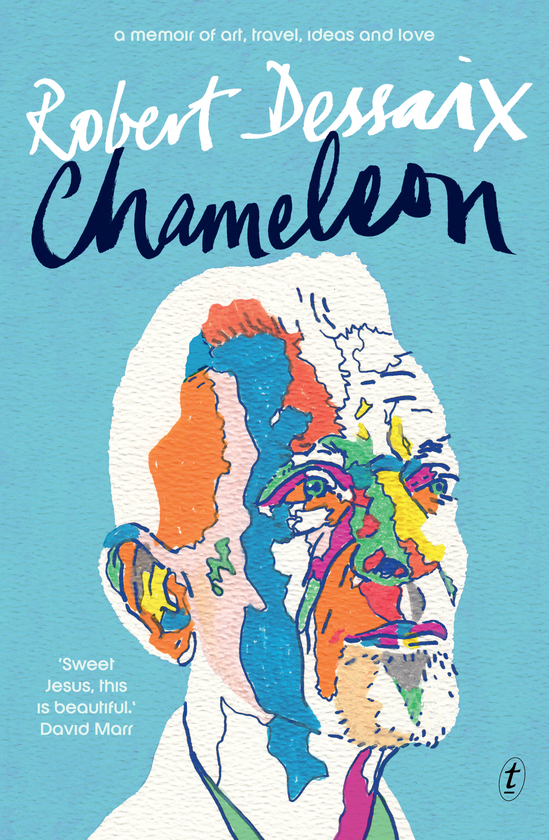

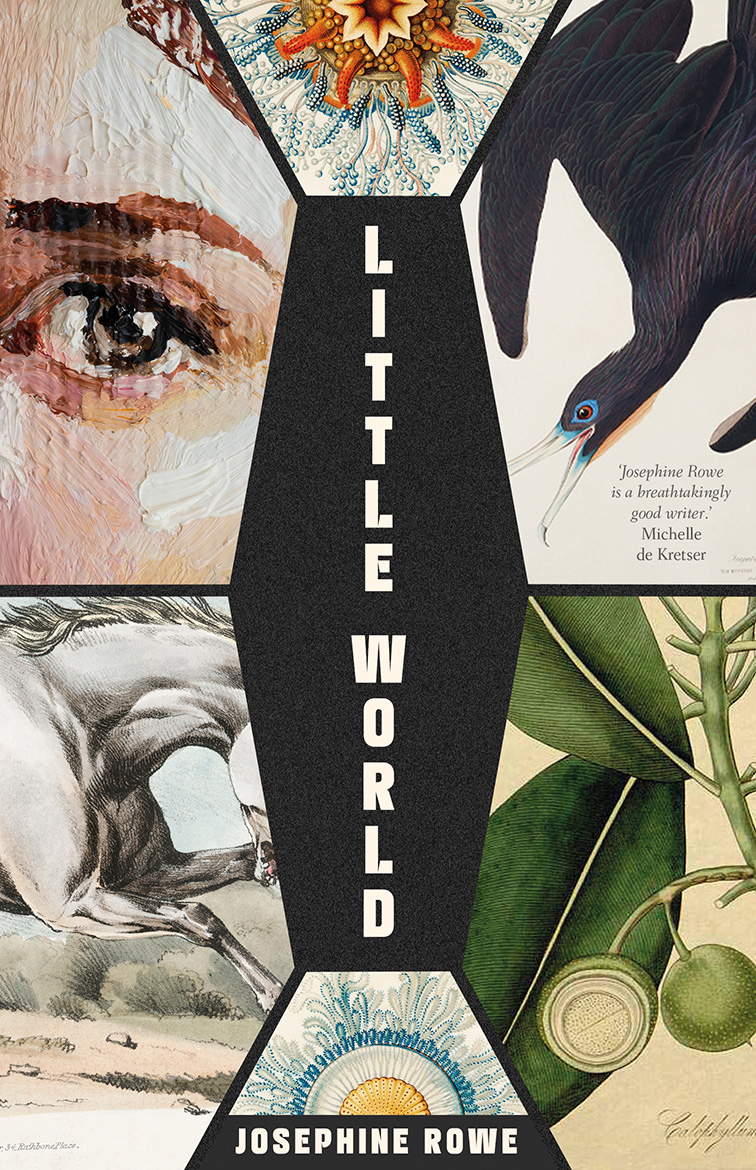


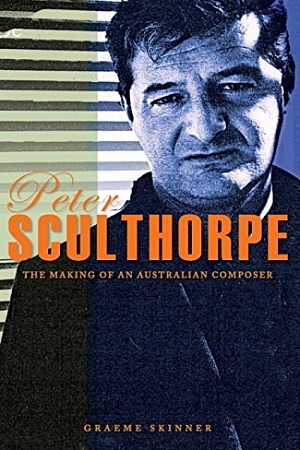
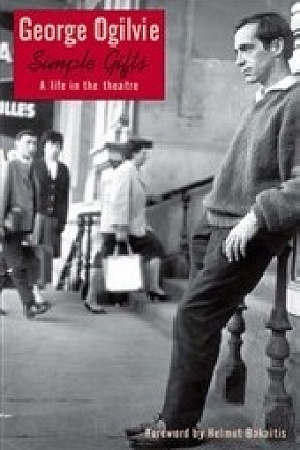
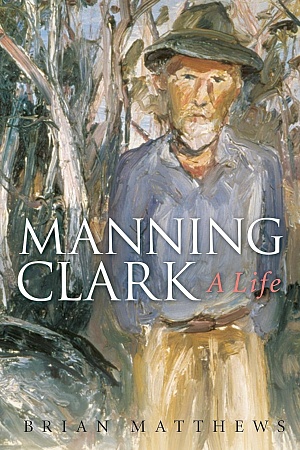




Leave a comment
If you are an ABR subscriber, you will need to sign in to post a comment.
If you have forgotten your sign in details, or if you receive an error message when trying to submit your comment, please email your comment (and the name of the article to which it relates) to ABR Comments. We will review your comment and, subject to approval, we will post it under your name.
Please note that all comments must be approved by ABR and comply with our Terms & Conditions.